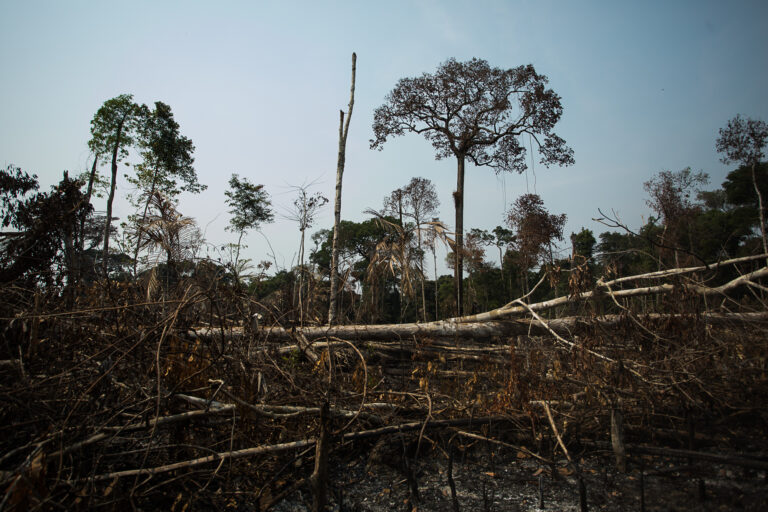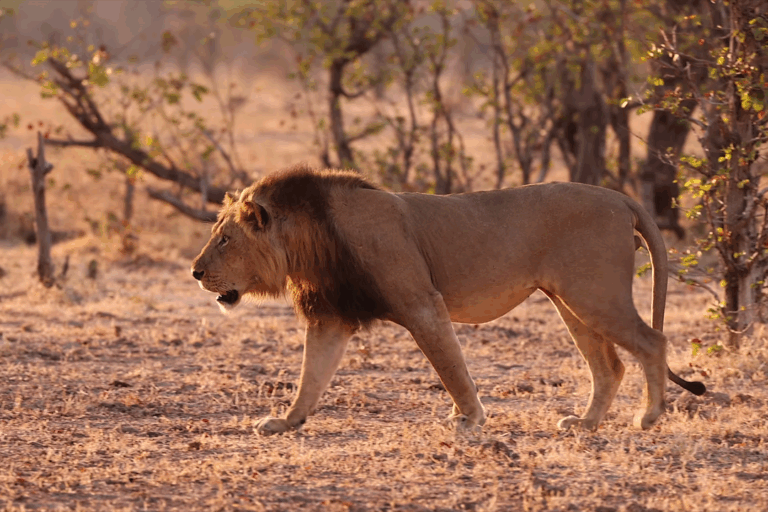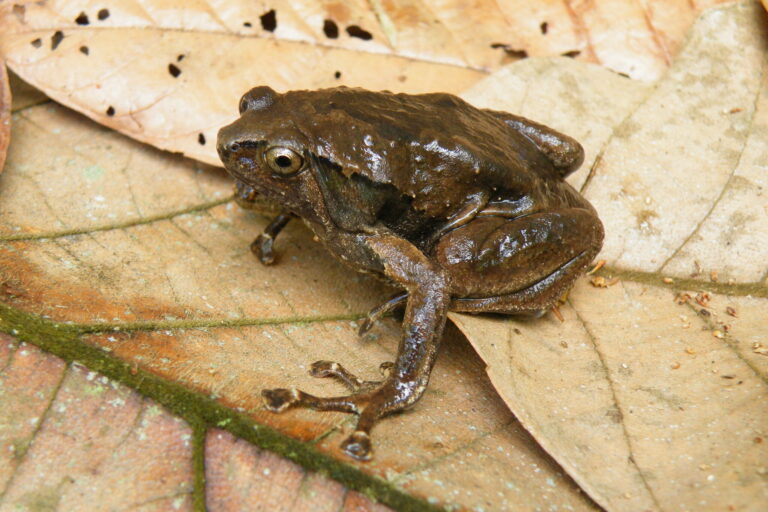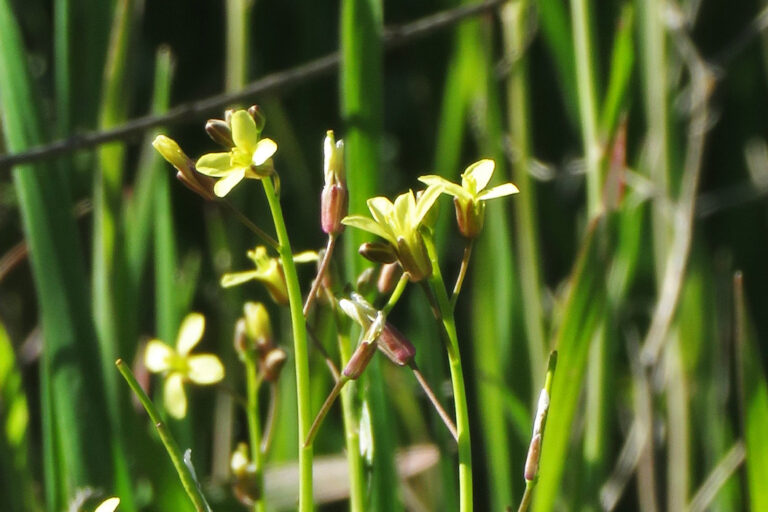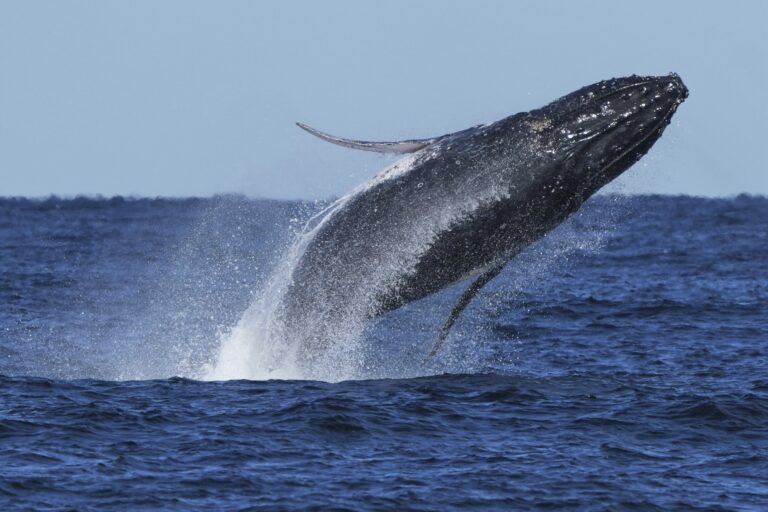- Last October, authorities found three men and an excavator digging a canal through the Singkil Swamp Wildlife Reserve. They appeared to be preparing the land for oil palm cultivation.
- This week, the police announced that the son of the head of a local parliament is a suspect in the case.
- The reserve lies within the Leuser Ecosystem, the only place where elephants, tigers, rhinos and orangutans still coexist in the wild.
BANDA ACEH, Indonesia — The son of a local parliament chief has been named a suspect over illegal land clearing in the Singkil Swamp Wildlife Reserve, a heavily protected area home to the densest population of Sumatran orangutans (Pongo abelii).
Teuku Popon Rizal is the son of Teuku Zulhelmi, the head of the legislature in South Aceh district. Rizal is alleged to have had a hand in the destruction of a corner of the reserve where last October authorities discovered three workers operating an excavator. The men were apparently preparing to establish an oil palm estate. Hauled in for questioning, they said Rizal had sent them.
Rizal himself was interrogated in November, Ipda Adrianaus, the head of the South Aceh Police unit in charge of the case, said on Tuesday. As Adrianus told it, Rizal admitted to ordering the land clearance while also claiming that he didn’t know it was a protected zone and that the land belonged to his family.
The Singkil reserve faces the Indian Ocean on Indonesia’s main western island of Sumatra. It lies at the heart of one the region’s largest, deepest and most intact peat swamp landscapes, a crucial carbon sink that has formed over thousands of years. It is also part of the Leuser Ecosystem, the only place where rhinos, tigers, elephants and orangutans still coexist in the wild.

The case is the just the latest example of encroachment in Indonesia’s protected areas. The blame tends to fall on impoverished villagers, but the revelation of Rizal’s involvement highlights the role often played by more powerful actors.
A recent study by the Center for International Forestry Research, a Bogor-based thinktank, for example, described how members of political parties and local elites organize farmers to slash-and-burn land in Riau province, not far from Aceh, before selling the land to a variety of large and small buyers. The practice is illegal in most cases.
Tripa, another of Aceh’s peat swamps, became a symbol for the criminality that often occurs in Indonesia’s carbon-rich hinterlands when an oil palm firm was convicted of cut-and-burning forest there and ordered to pay the equivalent of $26 million in fines and reparations in 2015.
This isn’t the first time part of Singkil has been cleared. In this case, police say they are still searching for the excavator, which mysteriously disappeared in the wake of the initial arrests. The machine is an important piece of evidence.
This story was reported by Mongabay’s Indonesia team and was first published on our Indonesian site on January 25, 2017.










